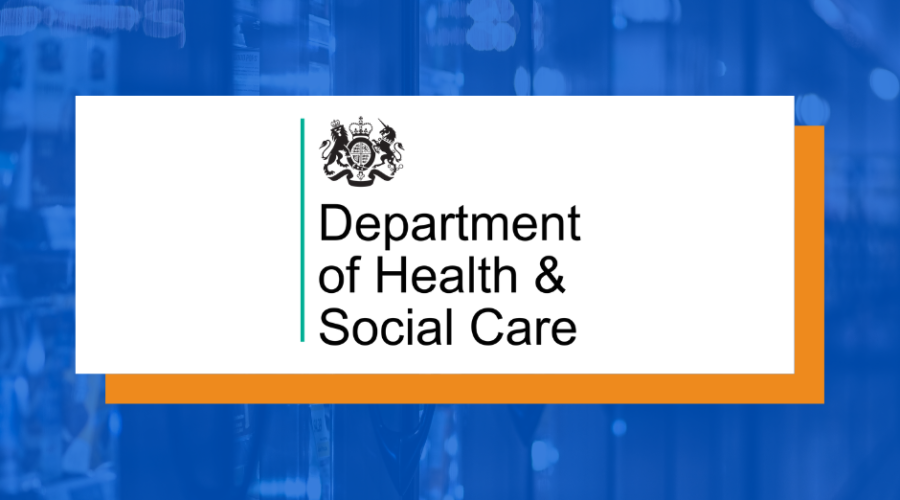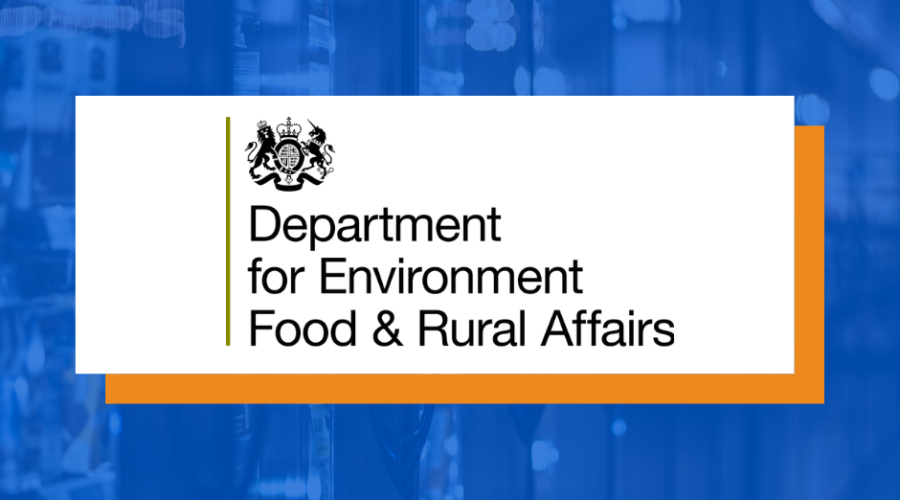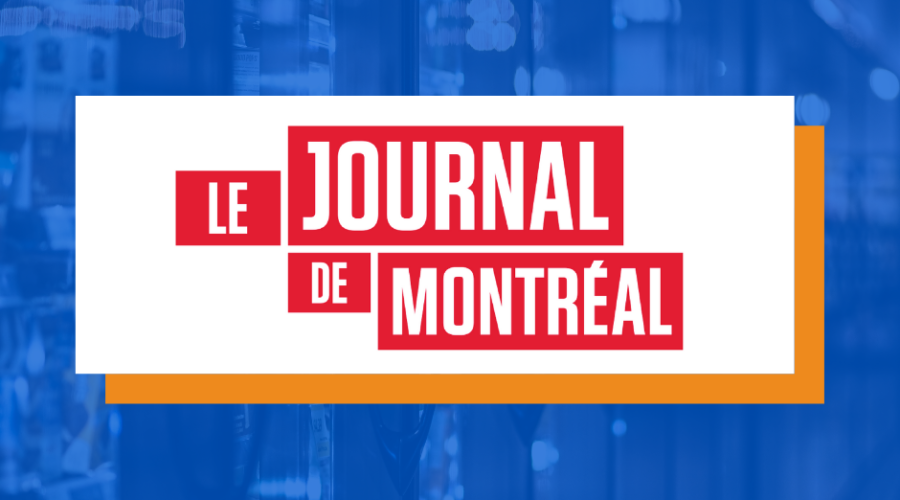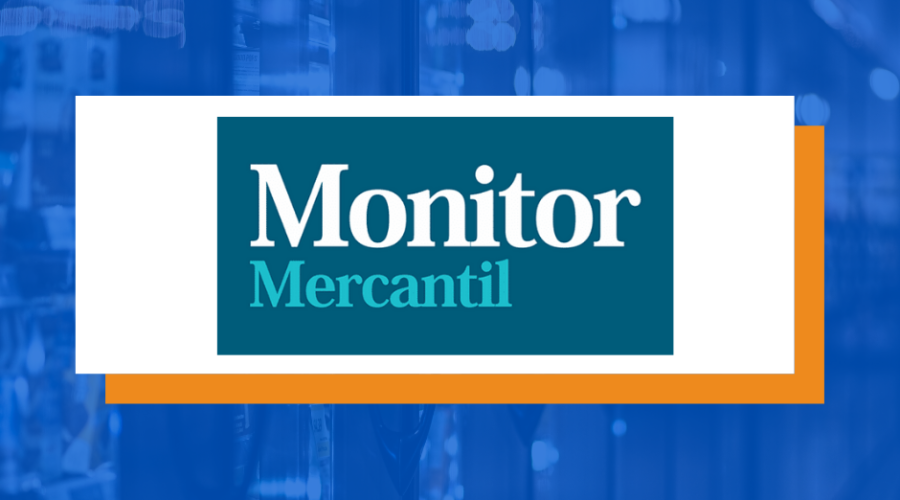There’s no scientific need to expose Australians to suffering. We need vaccine reciprocity now
As the city of Brisbane once again goes into full lockdown, borders remain closed, and businesses nation-wide are being decimated, the Australian bureaucracy still refuses to allow its citizens access to the Covid-19 vaccine citing their own approval timetable. The good news is that the fix is easier than many think, and includes valuable lessons for any future pandemic Australia may face.
With merely 28,000 cases and fewer than 1,000 deaths, Australia has been fairly well shielded from this global pandemic. But the price individuals and the whole economy paid for this is high: Australians are not allowed to leave the country, while tens of thousands of Australians are stranded overseas, unable to return home. Thousands of businesses have closed, and the tourism and hospitality industries have been devastated. State border closures have led to tragedies such as twin babies dying as border closures prevented the mother from giving birth at a hospital near her. Another mother miscarried after border closures prevented her from accessing immediate medical care. Other families were prevented from visiting their children in intensive care, and the list goes on.
Bizarrely however, Australia’s government and regulatory bodies seem to be content with this strategy and seem to have no desire to get society back to normal. Until last week, the federal government was not contemplating rolling out inoculations until the end of march — a decision fortunately revised to mid-February but either way, Australia is months behind the global efforts to start vaccinating, and it suggests Australia’s regulatory agencies are not currently prepared to act as quickly as needed in a future pandemic. An international comparison shows how drastic the regulatory backlog is down under:
The United Kingdom’s Medicines and Healthcare products Regulatory Agency (approved an effective COVID19 vaccine on December 2. By early January the same regulator allowed two additional vaccines to be used by doctors, nurses, and pharmacists around the country. And while the UK was the fastest to approve these highly needed vaccines, other countries followed quickly and managed to roll out mass vaccination at lightspeed. The UK, EU, Japan and Canada are rolling out vaccines, and as of writing three Middle Eastern countries spearhead the global race to immunize wide parts of society; Israel has vaccinated nearly one-fifth of its population, with a plan to have every citizen vaccinated by the end of March, the United Arab Emirates have provided 9 per cent of its resident with at least one jab, and Bahrain holds the third place with having reached 4 per cent of its people so far.
Despite the international success of vaccine rollouts, and the opportunity it presents to save both lives and the economy on which people’s lives depend, Australia’s Therapeutic Goods Administration initially announced that it will approve the first vaccine only by late March 2021. That is nearly four months later than the UK’s or United States’ approval. Prime Minister Morrison has now announced that they will bring the approval forward to mid- or late-February but that still is still over a month longer than it needs to be
These continued delays show the dangerous exceptionalism Australia’s government applies in this global public health crisis. Can the government really justify prolonged lockdowns, COVID cases, and deaths if there are already multiple effective vaccines used across developed countries? There is no reason for the TGA to come to different conclusions than the UK’s MHRA, the US’ FDA, and the EU’s EMA: Australians are not a separate species who will somehow react differently and need additional studies. Bureaucratic inertia and a refusal to alter rigid timetables despite the circumstances, and a nationalist belief Australians need to do everything ourselves, is a degree of arrogance that comes at a great cost.
Australians should demand mutual recognition of vaccine approvals (also called reciprocity) in vaccine approval with all regulatory agencies based in OECD countries. The costs of delaying the vaccination rollout are simply too high to justify the ongoing arrogance of the TGA. Given that all reputable medicines agencies across the OECD have already given their blessing, patients in Australia should receive immediate access to immunization shots.
As a new and more virulent strain of Covid-19 has already begun circulating in Australia, the need for a vaccine has become even more urgent, particularly given evidence released today has proven the vaccine is effective against this mutation. Future COVID cases, deaths, and economic bankruptcies could be quickly prevented if the government acts swiftly by burying its ego. In addition, the next pandemic is likely to come sooner than later. A more agile vaccine approval system needs to be in place by then, so we can quickly respond to any potential future challenges. Reciprocity among OECD countries is an easy fix. Accepting our partners approval of vaccines is Australia’s quick and easy way out of the current situation and will ensure a swift and safe return to normal.
Admitting Australian’s don’t have to do everything ourselves will save lives and is the only moral course of action for the Government to take.
Fred Roeder is a health economist and Managing Director of the Consumer Choice Center. Tim Andrews is the Founder of the Australian Taxpayers’ Alliance and presently Director of Consumer Issues at Americans for Tax Reform.
Originally published here.










